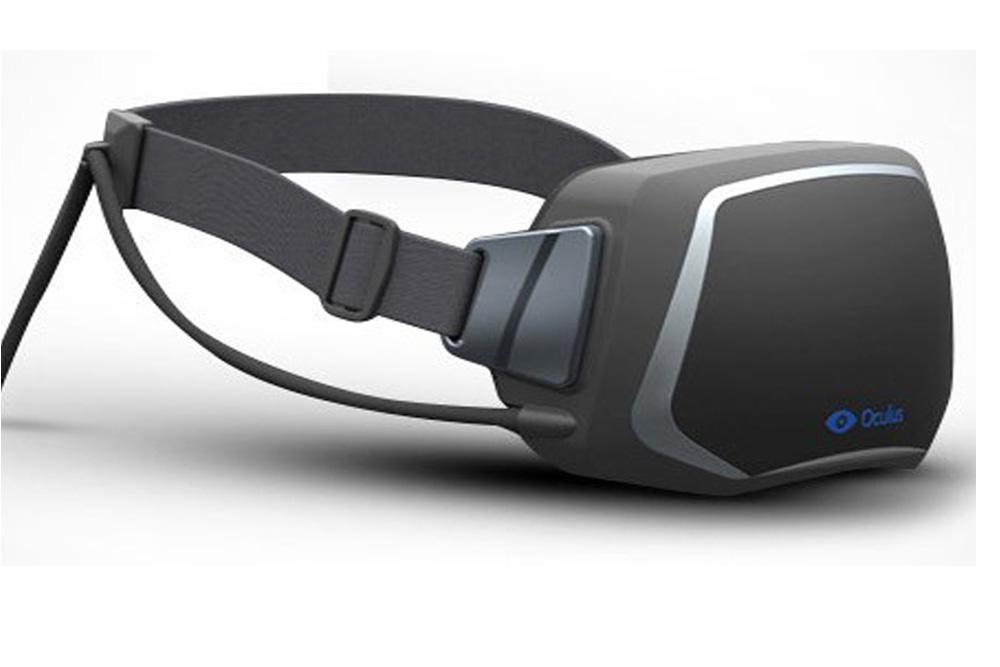Why Oculus opened RakNet
My predictions were right on the spot, again as expected. Allow me to use this entire paragraph as proving that my fortune-telling skills were right and to celebrate this yet again.
Now that boasting is over, let’s get right back on topic. Why did Oculus make RakNet open source the moment they bought it? Well, the obvious benefit is encouraging more developers, which would bring indie developers, more attention from developers’ fans and novice developers, and more importantly, modders. These are the groups of the gaming society that usually come first, then gamers come hurrying along, but only a good bunch of them have gathered like bees on nectar.
Expanding the games library is very crucial step towards actually becoming the new Xbox or DS. Speaking of Xbox, RakNet is also what Sony’s Virtual Reality headset, Project Morpheus uses. Cross-platform online games could become more powerful, more interactive, more always online. This would also mean ease in cross-platform releases, so that Oculus can reach Sony’s fanbase too, since developers will be encouraged to make games for Oculus they’d also be willing to make it compatible with Japan’s dominant gaming console (even if VR doesn’t catch on now, by logic, there is a huge existing dedicated gamers for Sony more than Oculus). Xbox has a lot to catch up on now!
Here lies a question that only you can answer: can Oculus be trusted? After Facebook bought it, Facebook probably want to expand its test subject base to a group that will not escape so easily. After Facebook’s famous psychology experiment involving two colleges, can we really trust them?
It is a shame to admit, but we gamers have problems with “escaping” a game, because most people who play games at some point say they use it to escape reality. If you begin to play this virtual reality game, you escape reality even more than just the screen. Even without the screen, gamers can go to extreme levels just to make sure that at the end of the day, they’ll have 4 hours of gameplay uninterrupted, even going into fire to save one’s Xbox. A single player life simulation game can easily let me lose track of time, but multiplayer is worse, because it involves real human rivals for resources.
Simulations were always used in special training, pilots being one good example to test these equipment, thus assessment criteria was obviously well established a long time before we even heard of virtual reality. Consequently, it will be so easy to test your reactions, train you for more puzzle solving, or just simply make a gigantic maze game that is the exact replica of a lab rat’s and measure the differences in speed of figuring out that you needed to push the ball uphill or something (bonus points for fMRI).
Even in an MMO, everyone eventually passes by the same quests, and it is easy to draw a pattern in the sequence of these quests, and from them give a conclusion on what kind of test would suit this user more than the next. It would also say a lot about behavior, cleverness (been so long since I used that word) and potentially expose you to be “sold” to other scientists who only want a certain group for testing (e.g. people with higher IQ, people who didn’t flee the first time they entered the boss room, etc.) or more realistic stuff, like whether you are fit in real life, real life depression, age group, smoking, sensitivity to loud sounds (that’s actually a thing) and so on.
The best part of this to the scientists is that they can zip through all the legal stuff and test. Gamers are like real prisoners now, because they are actually there in real time, with all external factors excluded. Imagine this: would you look away when you see something twice your size, or did you accidently click on the controller because your brother threw his toy at you? Most probably the former, because your parents won’t even leave you disconnected so much for you to even get that far in the game to become worthy of holding the title of Test Subject in the first place. Unlike social media, logging out is not so simple. There will probably be so much to lose when you do that: hourly events such as Bonus Time in Happy Wars, penalty for death.
These little little candy are what keep us continuing on and on, because in online games, it’s a race, and usually the one with less life wins, gets to spawn kill higher level monsters all the time and boss around a group of midgets to PK anyone who gets close to his hunting grounds. Then when he’s done, he PKKs them and comes back to town as the rich hero of high reputation, and anyone who says the truth are just haters who will be treated like mute criminals forever.
Other players are aware of that, and won’t give up the race so easily. That’s why they’ll grind and grind in a real time system that would feel like labor and go on for real life days. These people are the most vulnerable to testing, because we all know that even when they realize that the game is messing with them, they are not ready to log off and check the forums, because they are willing to forgive the game for this “bug” and that “glitch” just because he’s grown attached to his new toon and has to make it stronger as soon as possible before surprising others.
Going back to the original question, will we really trust Oculus after Facebook acquired it? Let us know your opinion in the comments. Don’t forget to read the last choose-your-death article, because there might be more. Play More Zelda!



No comments:
Post a Comment